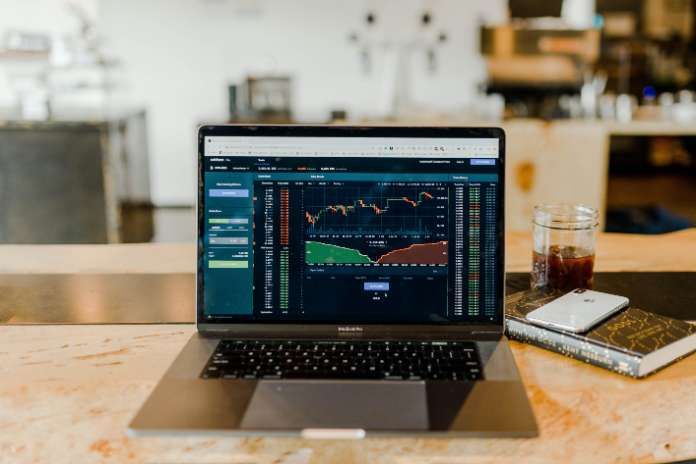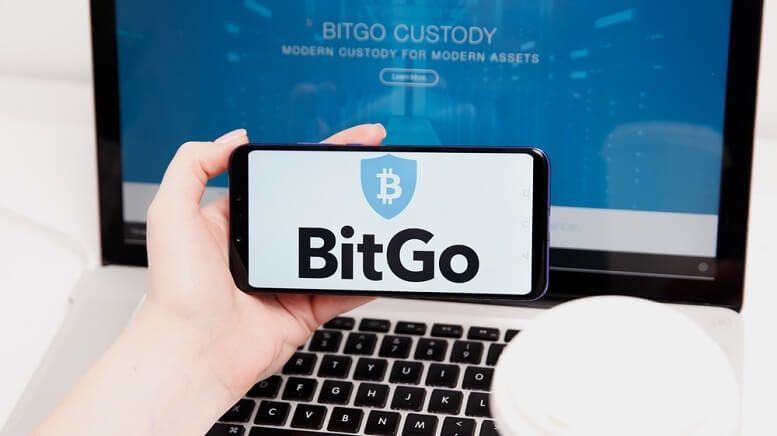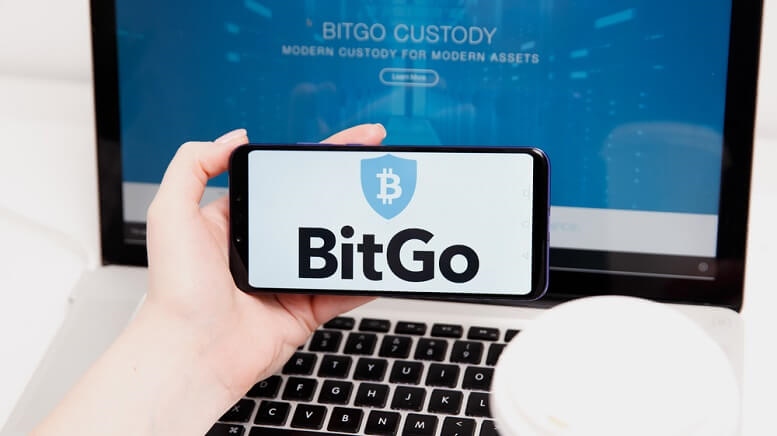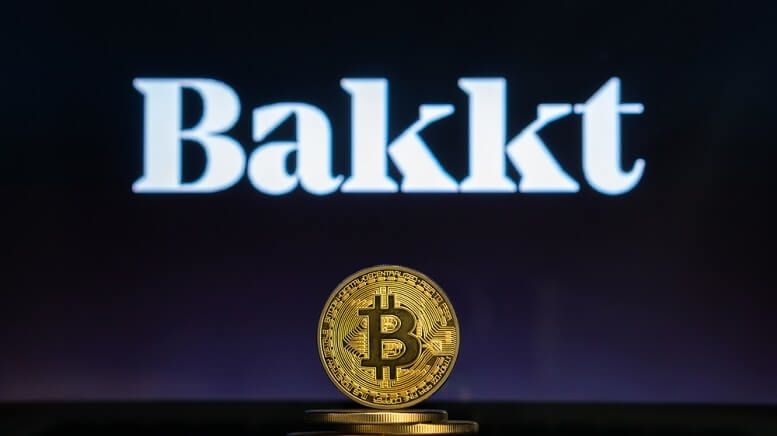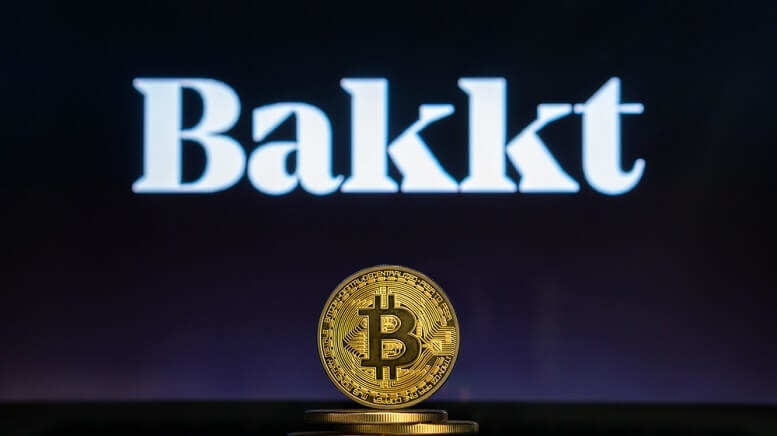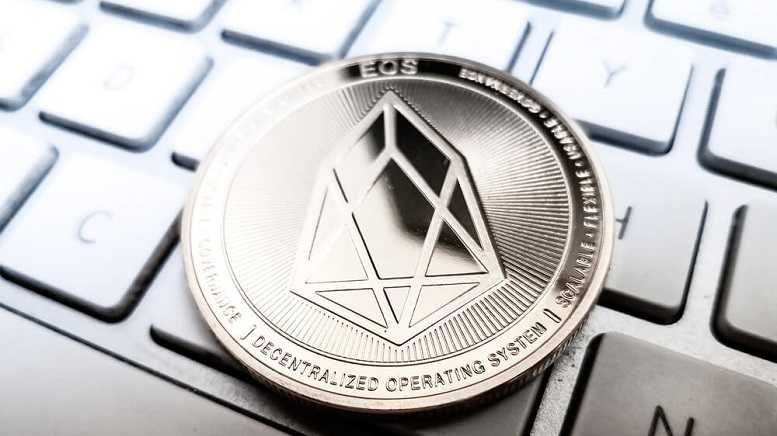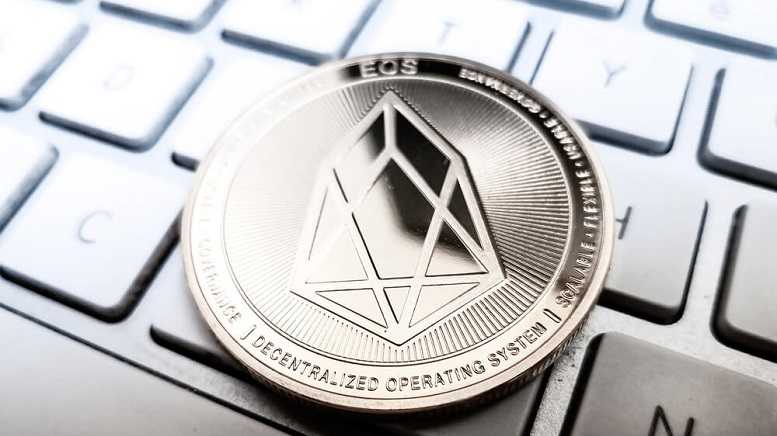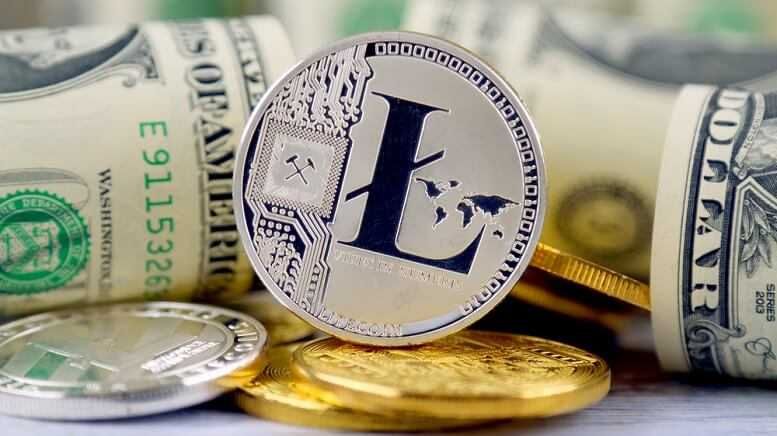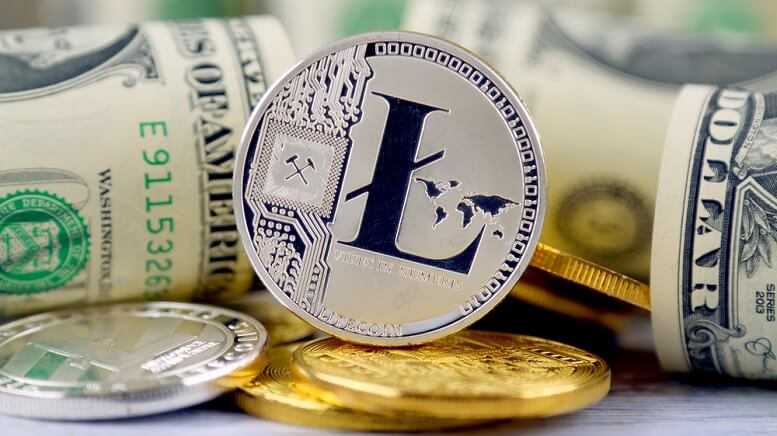MicroStrategy Invests $1.5B in Bitcoin
This post was originally published on this site

MicroStrategy, a prominent business intelligence firm, has once again made headlines by investing a substantial $1.5 billion in Bitcoin. This move marks a continuation of the company’s aggressive strategy to incorporate cryptocurrency into its financial portfolio. Under the leadership of CEO Michael Saylor, MicroStrategy has been at the forefront of the Bitcoin adoption trend among publicly traded companies.
The decision to invest such a significant amount underscores the company’s belief in Bitcoin as a reliable store of value and a hedge against inflation. Saylor has been vocal about his confidence in Bitcoin, often describing it as ‘digital gold.’ This latest purchase brings MicroStrategy’s total Bitcoin holdings to over 90,000 coins, solidifying its position as one of the largest corporate holders of the cryptocurrency.
MicroStrategy’s investment strategy has not only influenced other corporations to consider Bitcoin as a viable asset but has also impacted the market dynamics significantly. Following the announcement of the latest purchase, Bitcoin’s price experienced an uptick, reflecting the market’s positive reception of MicroStrategy’s confidence in the cryptocurrency.
Despite the volatility associated with Bitcoin, MicroStrategy’s continued investments suggest a long-term perspective, focusing on Bitcoin’s potential growth rather than short-term fluctuations. The company’s financial reports indicate that these investments have had a favorable impact on its balance sheet, contributing to substantial unrealized gains.
It’s noteworthy that MicroStrategy’s approach has sparked discussions among financial analysts and investors about the role of cryptocurrencies in corporate finance. The company’s bold moves have challenged traditional risk management models, encouraging a reevaluation of asset diversification strategies.
MicroStrategy’s stock, traded under the symbol MSTR on the NASDAQ, has seen considerable fluctuations corresponding with Bitcoin’s price movements. Investors and analysts are keenly observing the correlation between the company’s stock performance and the cryptocurrency market trends.
As more companies contemplate integrating cryptocurrencies into their financial strategies, MicroStrategy’s experience serves as a case study in the potential benefits and risks associated with such investments. The company’s proactive stance on Bitcoin continues to influence the broader conversation around digital currencies and their place in the evolving financial landscape.
Footnotes:
Featured Image: depositphotos @ SectoR_2010



